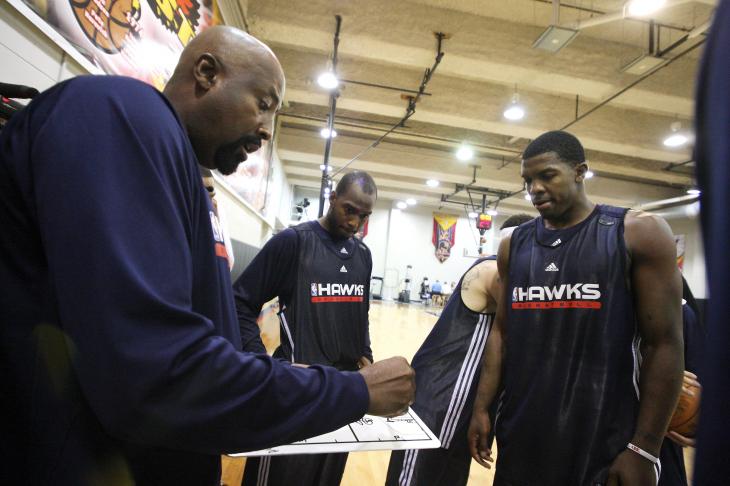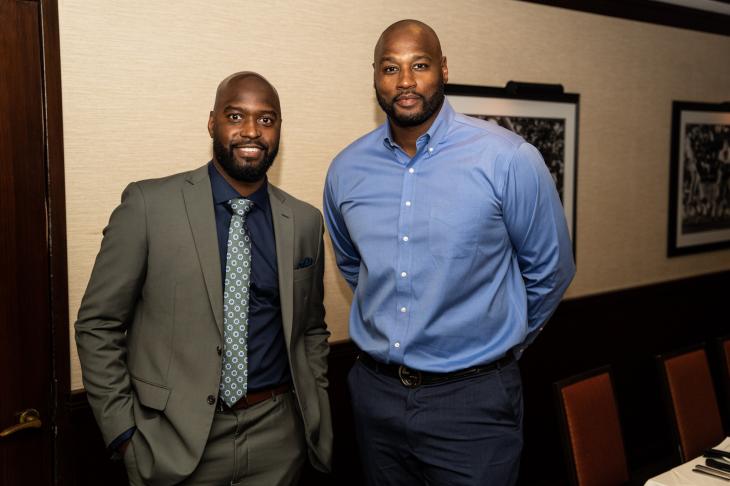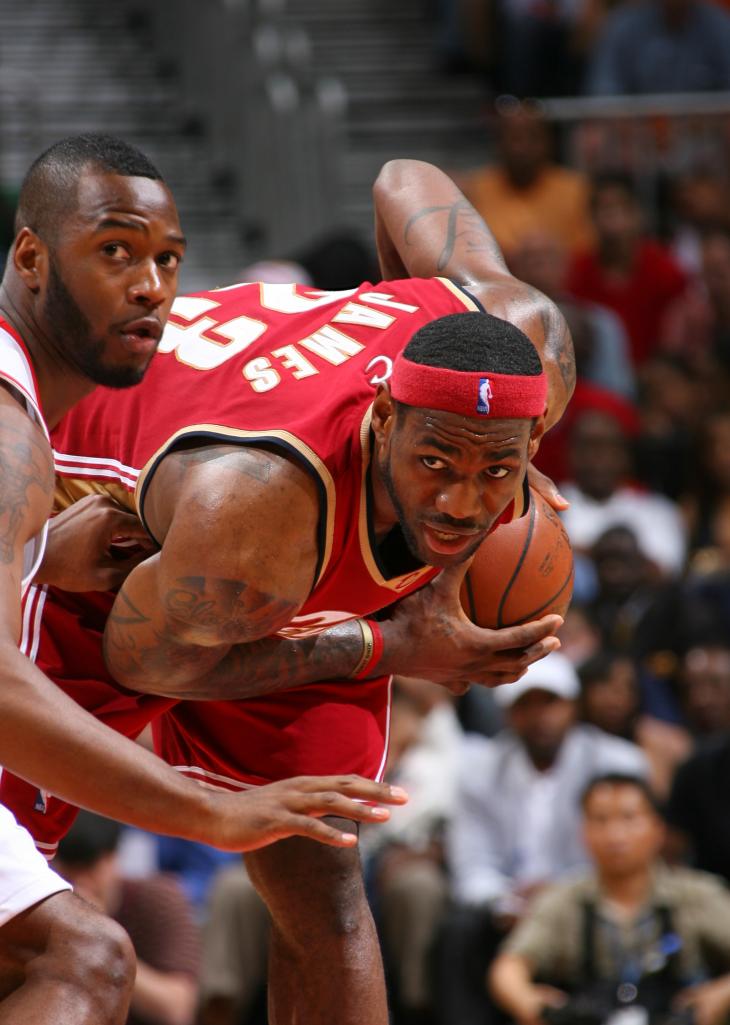“Either you leave the game, or the game leaves you,” Mario West says.
For West, who played four seasons with the Nets and Hawks and another five in Europe, Asia and South America as a shooting guard, it was the latter. And it changed his life.
Like countless men and women who have played professional sports, West spent years focused on the relentless, glamor-free reality of turning an impossible dream into a steady career. His days were tightly regimented. He had a workout routine, a strict diet and a tight schedule.
The sacrifices constrained him, but they were necessary. But then West was granted crippling freedom: he tore his Achilles tendon.
Not only did the injury cause West to lose out on a more lucrative contract, but he also became undesirable to teams. Barely in his thirties, his career was done, but life went on.
“I could no longer do the things that made me - me,” he says.
West couldn’t hang out with the guys. It weighed on him mentally. What was next? He wasn’t destitute, but there was no money coming in and too much going out.
Head Coach Mike Woodson of the Atlanta Hawks discusses a play with Joe Johnson #2 and Mario West #6 during the 2009 NBA Training Camp on October 6, 2009 at Philips Arena in Atlanta, Georgia.












